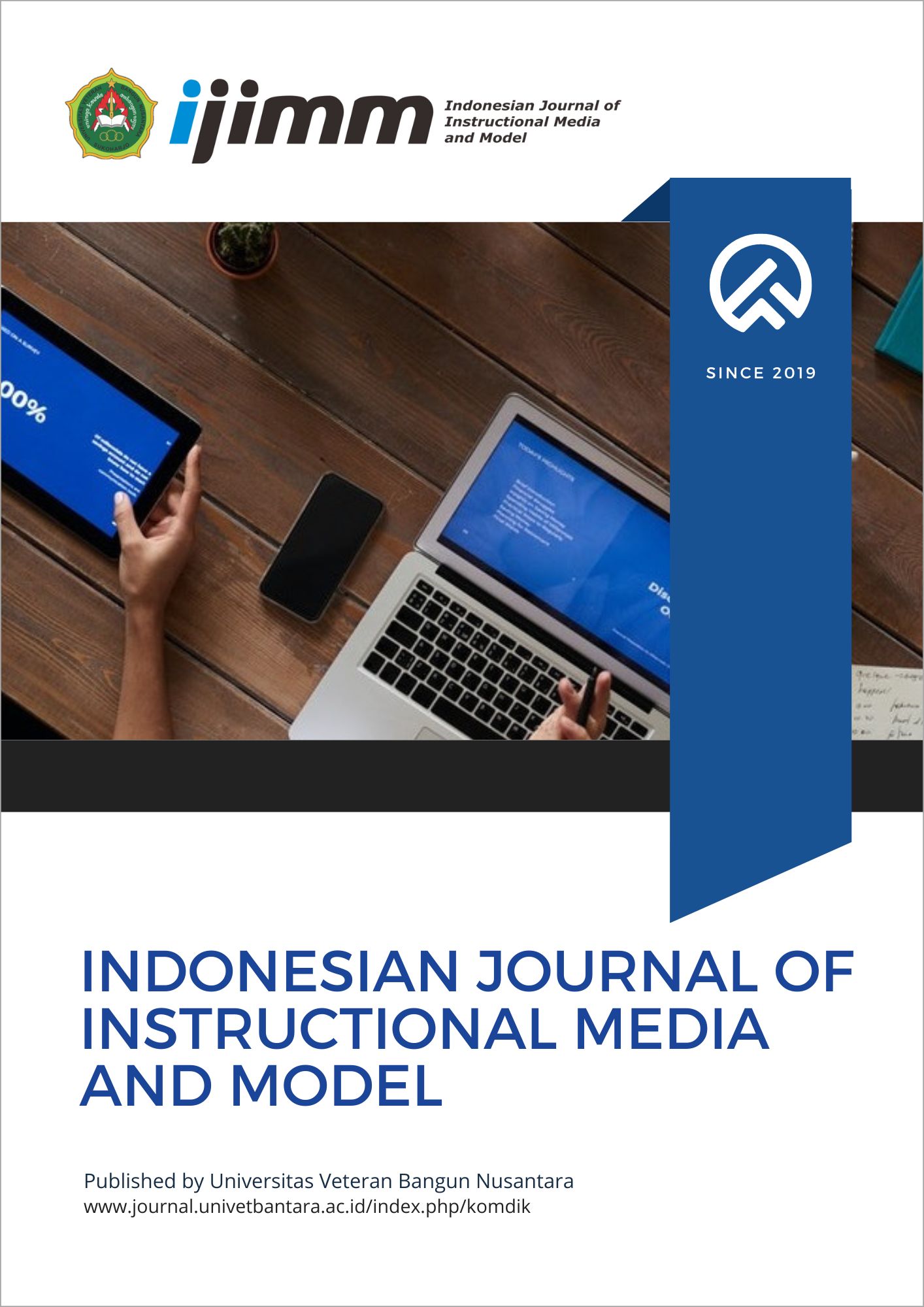The Digital Paradox: Increased Connectivity and the Decline in Student Attitudes
DOI:
https://doi.org/10.32585/ijimm.v6i1.5234Abstract
In the contemporary educational landscape, digital technology has become ubiquitous, promising enhanced learning experiences and improved academic performance. This study investigates the paradoxical relationship between increased digital connectivity and the decline in student attitudes toward learning. The primary aim is to explore how extensive use of digital devices and social media impacts students' engagement, motivation, and overall academic outlook. A mixed-methods approach was employed, combining quantitative surveys and qualitative interviews with high school students across various socioeconomic backgrounds. The data reveals a significant correlation between high levels of digital connectivity and negative shifts in students' attitudes. Specifically, students reporting higher usage of digital devices exhibited lower levels of motivation, increased feelings of distraction, and a general disengagement from academic activities. The study concludes that while digital tools offer numerous educational benefits, their overuse can lead to detrimental effects on student attitudes. This finding contributes to the education field by highlighting the need for balanced digital integration strategies that foster positive student engagement and attitudes toward learning. The research underscores the importance of developing educational policies and practices that mitigate the adverse effects of digital overconnectivity while leveraging its potential benefits.
Downloads
Downloads
Published
How to Cite
Issue
Section
License
Copyright (c) 2024 Endra Priawasana

This work is licensed under a Creative Commons Attribution-ShareAlike 4.0 International License.
Authors who publish with the Indonesian Journal of Instructional Media and Model agree to the following terms:
- Authors retain copyright and grant the journal the right of first publication with the work simultaneously licensed under a Creative Commons Attribution License (CC BY-SA 4.0) that allows others to share the work with an acknowledgment of the work's authorship and initial publication in this journal.
- Authors are able to enter into separate, additional contractual arrangements for the non-exclusive distribution of the journal's published version of the work (e.g., post it to an institutional repository or publish it in a book), with an acknowledgment of its initial publication in this journal.
- Authors are permitted and encouraged to post their work online (e.g., in institutional repositories or on their website) prior to and during the submission process, as it can lead to productive exchanges, as well as earlier and greater citation of published work.





